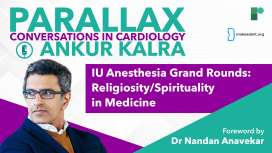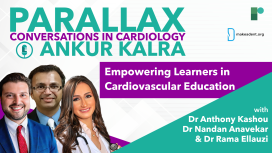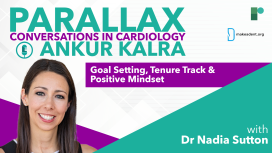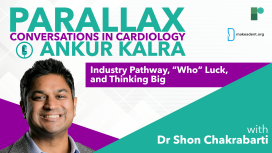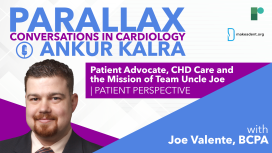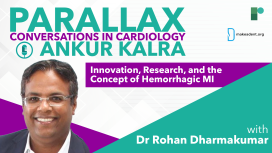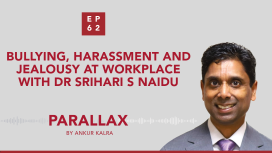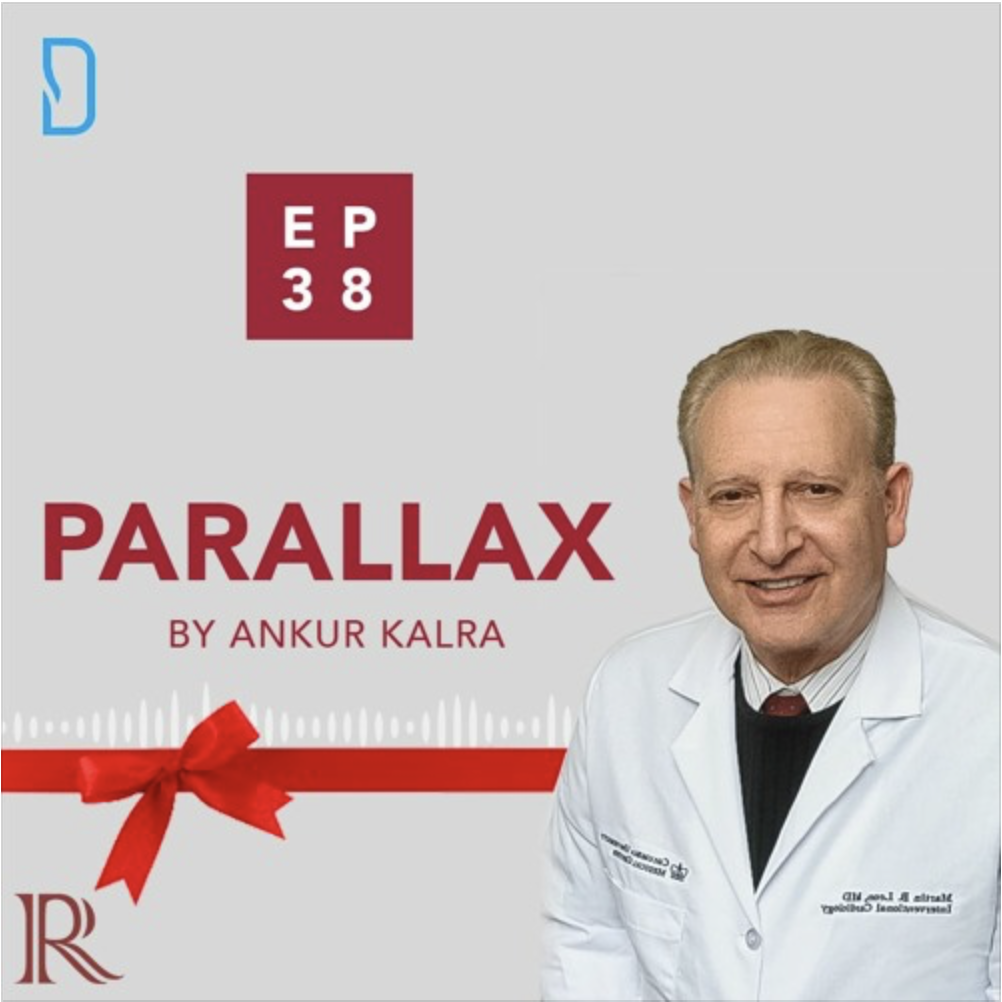
In the late 1980s, shortly after he left the NIH, Dr Martin B Leon founded the non-profit organisation, Cardiovascular Research Foundation (CRF). At the beginning, CRF had almost no funding or people, but it had a concept of bringing together an academic community to follow the device development cycle from inception to inclusion. Today, CFR is a global entity, and its events are attended by hundreds of physicians/researchers worldwide.
In the Season 2 finale, Ankur Kalra is joined by the legendary Martin B Leon, Professor at Columbia University, director of the Transcatheter Cardiovascular Therapeutics and chairman emeritus of the CRF.
In this in-depth discussion Dr Leon talks about what he believes is behind the success of CRF and the lessons he learnt from disappointments and mistakes along the way. Dr Leon stresses the importance of collaborations on a global scale. He talks about his plans for the future and the issues that were highlighted by the events of 2020. Ankur asks Dr Leon about his role as a mentor and about the qualities he is looking for in a mentee.
What makes Dr Martin B Leon tick? What is his message to cardiologists and/or researchers at the beginning of their careers? How did the pandemic and his work as a clinician in New York change his perspective?
Hosted by @AnkurKalraMD.
Produced by @RadcliffeCARDIO. Submit your questions to Ankur via: podcast@radcliffe-group.com.

Brought to you by Edwards: www.edwardstavr.com
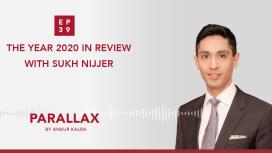
Which COVID19 patients require risk stratification with a stress test? What are the take-home messages for physicians taking care of patients diagnosed with COVID19? What were the key trials of 2020? What can we learn from the negative results of the STRENGHT study? How have studies like STOP-AF influenced clinical practice?



Tune in to discover the strategies that Dr. Kalra and Dr. Alasnag are currently employing and gain insights into how these data will shape their future decision-making in the catheterization laboratory. Don't miss this informative discussion at the forefront of interventional cardiology.

As we adapt to the changes brought about by the pandemic, Dr Singh outlines the necessary steps to foster a reality in which we can utilize these technologies to create more time for human connection.

Dr Owens is Medical Director of the Center for Inherited Cardiac Disease and Associate Professor of Medicine at the Hospital of the University of Pennsylvania.
This series is supported by an unrestricted educational grant from Bristol Myers Squibb. Please see www.camzyosrems.com for important safety information.
This content is intended for US-based physicians.
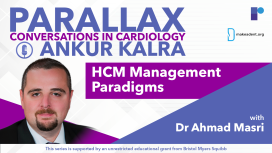
This series is supported by an unrestricted educational grant from Bristol Myers Squibb. Please see www.camzyosrems.com for important safety information.
This content is intended for US-based physicians.

This series is supported by an unrestricted educational grant from Bristol Myers Squibb. Please see www.camzyosrems.com for important safety information.
This content is intended for US-based physicians.
